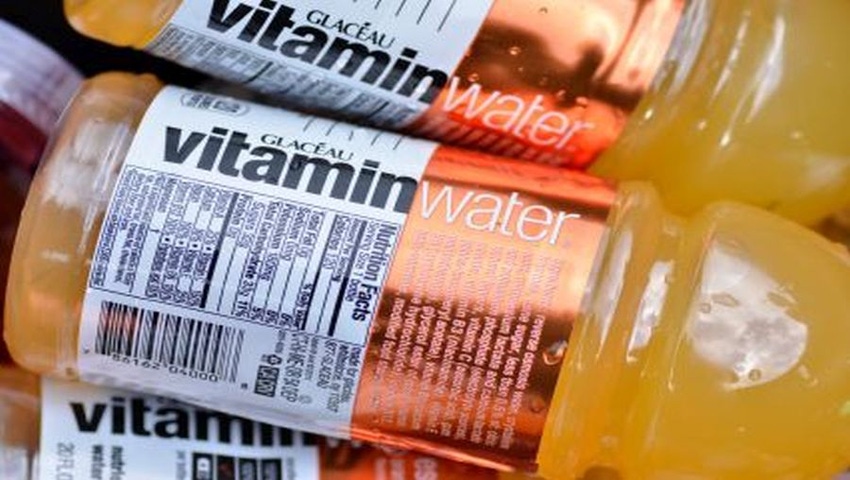One of the hottest beverage trends that I’ve been monitoring in recent months is alternative waters. What do I mean when I say alternative waters? While there is no standard definition, they can generally be categorized as single-serve ready-to-drink (RTD) beverages that include the term “water" in the product name. Many contain added flavor and/or vitamins and minerals, such as vitamin B12 or antioxidants.

One of the hottest beverage trends that I’ve been monitoring in recent months is alternative waters. What do I mean when I say alternative waters? While there is no standard definition, they can generally be categorized as single-serve ready-to-drink (RTD) beverages that include the term “water" in the product name. Many contain added flavor and/or vitamins and minerals, such as vitamin B12 or antioxidants.
Some of the recent product launches that fit into this category include Trimino’s protein-infused water, Suja’s probiotic waters, and wanu. By including the term “water" in the product name, the beverage creates a consumer perception that it is inherently better. Sales of bottled waters, which in many cases include alternative waters, have increased recently. According to Mintel, bottled water represented $15 billion in sales in 2015, and 34.7-percent sales growth is expected through 2020. As the “better-for-you" movement continues to spread, and with health and wellness at the forefront of consumers’ minds, I foresee continued growth for the alternative water category.
At Imbibe, we’ve noticed an increase in beverage development projects that capitalize on this phenomenon. In addition to brand owners requesting enhanced waters fortified with electrolytes and minerals, they also are looking to incorporate botanical infusions like cardamom and rose for added antioxidants and flavor. Caffeinated water is gaining momentum among consumers looking for alternatives to coffee and tea for their daily energy boosts. Waters fortified with protein are emerging as it offers a different user experience from traditional protein shakes. The number of opportunities for brand owners to fortify water with unique ingredients is quite vast.
Since alternative waters often include added flavor and carbonation, the line between them and traditional CSDs can be blurry, even to industry professionals. Beverages labeled as containing “sparkling water," “seltzer water," “soda water," “tonic water" or “club soda" are actually regulated by the FDA as soft drinks and not as bottled water. FDA defines bottled water as, “water that is intended for human consumption and that is sealed in bottles or other containers with no added ingredients except that it may optionally contain safe and suitable antimicrobial agents." The advantages of developing a water beverage that is regulated as a CSD can be enormous. A product branded as a “sparkling water," for instance, benefits from the positioning of a healthier product, even if it contains added flavor and sweeteners like a traditional carbonated soft drink.
The popularity of adding functional ingredients to beverages, combined with the clean-label movement, has certainly propelled new innovative waters to emerge. Consumer interest in this category, coupled with the many ingredient options, creates a major opportunity for brand owners to capture market share and create a name for themselves.
If you have any questions or comments regarding alternative water development I’d love to continue the conversation. Please reach out to me at [email protected].
About the Author(s)
You May Also Like






.png?width=800&auto=webp&quality=80&disable=upscale)